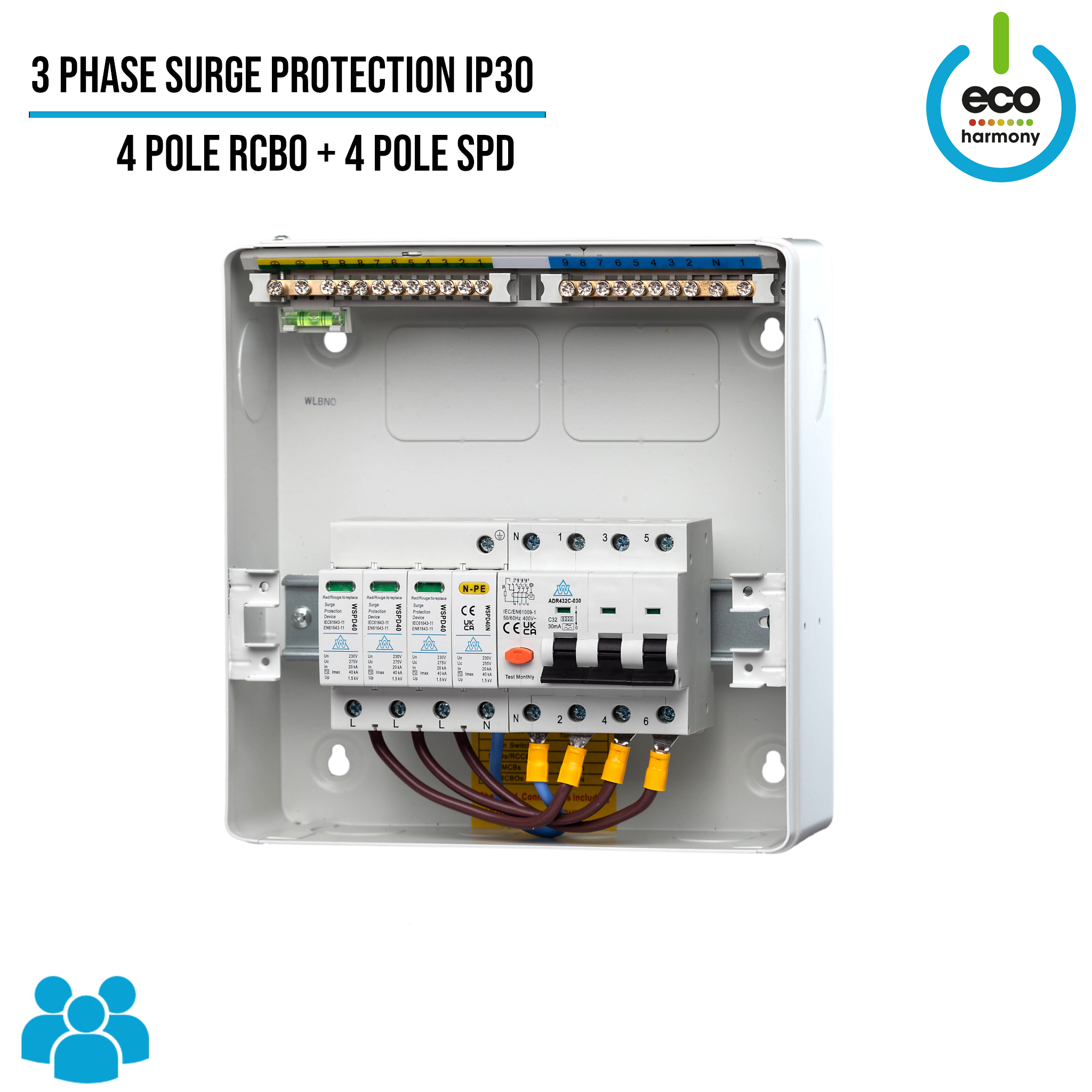Usual False Impressions Regarding RCBO CONSUMER UNITS Described
Usual False Impressions Regarding RCBO CONSUMER UNITS Described
Blog Article
The Function of Consumer Units in Reliable Energy Monitoring Systems
Consumer systems are indispensable to efficient power monitoring systems, offering as the main distribution points for electric power within structures. The development of wise innovations has better boosted their functionality, permitting for real-time data tracking and nuanced energy intake analysis.
Comprehending Consumer Systems

Comprehending the role of customer systems starts with recognizing their crucial feature in safeguarding electrical systems. By separating faults within certain circuits, consumer systems avoid extensive interruptions and prospective fire threats. This isolation is attained via the use of breaker that journey or fuses that strike when a mistake is detected, consequently removing the electric circulation to the impacted circuit.
Moreover, consumer devices help with the well organized circulation of power, enhancing the performance of power use. They enable the methodical management of electric tons, which can be particularly vital in commercial and commercial setups where need can fluctuate significantly. Correctly conserved customer units add to the long life of electric systems and help in minimizing downtime triggered by electrical failures, ultimately sustaining the smooth procedure of energy-dependent facilities.
Smart Technologies Combination

A vital advantage of clever consumer devices is their ability to take advantage of progressed algorithms and artificial intelligence for predictive analytics. This enables preemptive changes based on use patterns, weather report, and various other variables, dramatically raising general efficiency. Furthermore, clever consumer systems facilitate need response programs, where energy use can be dynamically readjusted during peak durations to maintain the grid and reduce costs.
The integration of renewable resource resources, such as solar and wind, is also streamlined through clever consumer devices. By smartly handling the intermittency of these sources, these systems guarantee a well balanced and trustworthy energy supply. Additionally, smart consumer devices improve individual involvement by supplying detailed understandings and push-button control capabilities via mobile applications, promoting a more proactive technique to power conservation and sustainability.
Monitoring Energy Intake
Structure on the capacities of smart technologies combination, checking energy usage becomes a crucial emphasis within power management systems. By leveraging advanced metering facilities (AMI), real-time information on energy usage can be accumulated at granular levels, offering valuable insights into intake patterns and peak demand periods.
Smart meters and Net of Points (IoT) gadgets play a crucial function in this monitoring process. These devices can track energy usage in real-time, transferring information to central systems for analysis.
The combination of these innovations not just empowers consumers with comprehensive info regarding their power use but likewise supports energy carriers in managing lots circulation much more efficiently. Ultimately, specific and continual monitoring is vital for achieving power efficiency, expense financial savings, and sustainability objectives within energy management systems.
Optimizing Appliance Usage

One effective method involves determining height and off-peak hours to change energy-intensive activities, such as washing or dishwashing, to times when energy need is lower. This not just decreases stress on the grid but likewise utilizes on lower energy tolls. Furthermore, integrating equipment understanding formulas enables predictive upkeep, ensuring home appliances run at ideal performance and extending their life-span.
Power administration systems can likewise integrate user-specific preferences and habits to tailor home appliance use schedules. Clever image source illumination systems can change illumination based on occupancy and all-natural light accessibility, while HVAC systems Read Full Report can preserve comfort levels without extreme power use.
Supporting Sustainability
Promoting sustainability within power management systems entails not only boosting effectiveness yet also promoting environmentally accountable techniques. Consumer systems are essential to this procedure, as they provide real-time information and control systems that allow users to monitor and lower their power intake. By leveraging innovative technologies, consumer units can determine energy-saving chances and assist in the assimilation of renewable resource sources like solar and wind power.
One critical aspect of promoting sustainability is informing customers on the benefits of responsible power use. Through thorough insights provided by consumer systems, individuals can make informed decisions that minimize their carbon impact. For instance, these units can advise optimum times for operating high-energy devices based on grid need and sustainable power accessibility, thus minimizing reliance on nonrenewable fuel sources.
Furthermore, customer systems support the adoption of clever grid modern technologies, which boost the total efficiency and reliability of energy circulation. By enabling two-way communication in between customers and energy providers, these systems can dynamically get used to energy demands, lowering waste and promoting making use of sustainable power practices.
Final Thought
Consumer systems, as important parts of power administration systems, substantially boost electrical security and performance within More Info structures through circuit defense and smart modern technology assimilation. In addition, the incorporation of eco-friendly energy resources promotes sustainable methods, adding to minimized general energy consumption and lower carbon footprints.
Advancements in wise innovations have transformed the capabilities of power management systems, specifically via the integration of wise consumer devices.Structure on the abilities of clever technologies combination, monitoring energy intake becomes an important emphasis within energy administration systems.Effective home appliance use optimization is a crucial element of power management systems, intending to enhance effectiveness and lower unneeded power usage.Customer systems, as important elements of power monitoring systems, significantly enhance electric safety and security and performance within structures with circuit protection and smart innovation integration. Additionally, the incorporation of renewable energy resources advertises lasting practices, adding to decreased general energy consumption and reduced carbon impacts.
Report this page